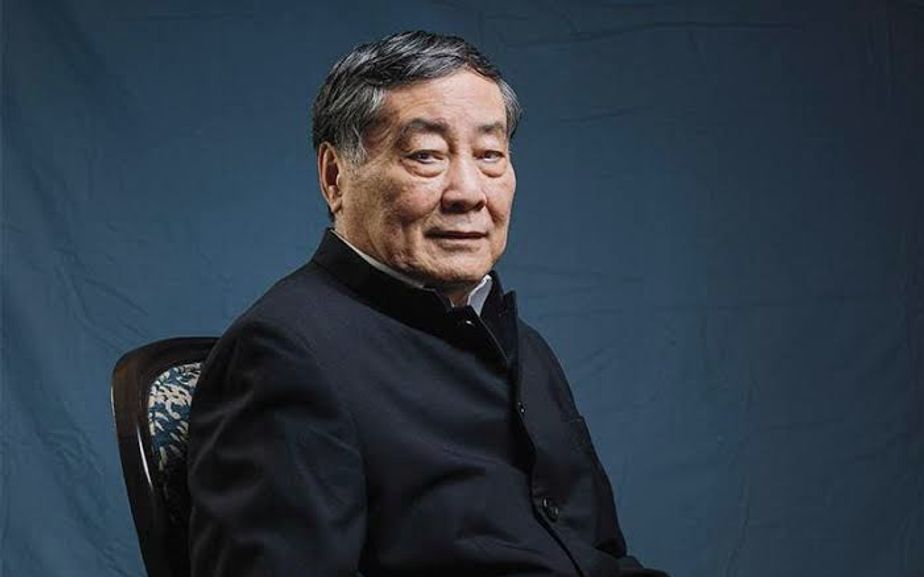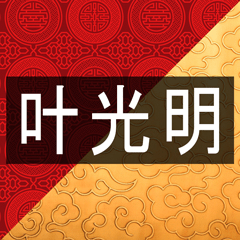
Rags To Riches In China
Zong Qinghou (宗庆后) died on Sunday February 25th, 2024. In some ways his story is a microcosm of China’s recent history - from rags to riches, but then facing bumps in the road. In 2010 Zong was listed by Forbes magazine as China's richest person with a fortune worth $8 billion. However in 2023 Forbes listed him as only in 53rd place nationally with a net worth of $5.9 billion. “Born before the Communist Party took power, Zong’s life paralleled China’s transformation from a poor and mostly-agrarian country into the world’s factory floor and its second-largest economy.”
with a fortune worth $8 billion. However in 2023 Forbes listed him as only in 53rd place nationally with a net worth of $5.9 billion. “Born before the Communist Party took power, Zong’s life paralleled China’s transformation from a poor and mostly-agrarian country into the world’s factory floor and its second-largest economy.”
Zong never attended high school, but was forced in 1964 to live on a farming commune during Mao Zedong’s Cultural Revolution. In 1978, “Deng Xiaoping began introducing private business and foreign investment to China, freeing up a generation of entrepreneurs to dabble in capitalism.” After working as a consumer goods salesman for several years, Zong, then in his forties, took over a small shop at a grade school in the eastern city of Hangzhou in 1987, selling soft drinks to children. At that time the story is that he was so short of cash that he slept under a bridge in Beijing because he could not afford a hotel. Using a US$22,000 family loan Zong then rode the wave of China’s new found economic growth under Deng to turn that loan into billions of dollars as Chinese people became ever more voracious consumers. Zong founded the Wahaha conglomerate (which means “laughing child” in Chinese), a company specialising in bottled water, soft drinks, tea and other products.
Zong was propelled onto the global stage when he fell out with French food giant Danone, the foreign company with whom he had had a decade-long partnership. That partnership grew to a sales peak of 1.1 billion euros in China, before Zong accused Danone in 2007 of trying to take over Wahaha at an unreasonably low price. At the heart of the fight was the question of who owned the Wahaha brand, the French company or Zong. Zong asserted that the Chinese government had blocked the brand transfer application, meaning he still controlled it. Ultimately Danone capitulated, agreeing to sell its stake to Zong in late 2009 in a deal brokered by the Chinese and French governments. With 80 per cent control of Wahaha, Zong became China’s richest man. Wahaha also flourished and now employs more than 30,000 people.
But Wahaha was slow to adapt. Revenue started to fall as the company was slow to embrace Chinese consumers’ changing tastes away from sodas to healthier offerings like juices and yogurt, though it did try and branch out into various other sectors including baby milk and clothing. Zong was also slow to embrace China’s booming Internet industry, which propelled digital economy entrepreneurs like Alibaba Group’s Jack Ma, Tencent’s Pony Ma and JD.com’s Richard Liu to fortunes that dwarfed Zong’s. Zong fought against that trend, arguing for the local stores against the internet economy.
For all his wealth and stature, Zong lived frugally. Zong claimed to live on less than US$6,000 per year, saying he had learned frugality from the teachings of Mao Zedong. He dressed simply, and would not buy new shoes until the pair he was wearing had worn out. He did not forget his past. “For a long time, I couldn’t even afford food and clothing. I climbed from the very bottom of society.”
In 2021, Zong took a step back from front-line work, appointing his daughter Zong Fuli as Wahaha's vice-chairperson and general manager. It is said that she does not share his personal frugality.
There are indeed parallels between the man and the nation in Zong’s life.
Source: The Business Times (Singapore)
Pray for China’s economy as it encounters problems in today’s international storms. Many livelihoods depend on a strong Chinese economy.
Remember the unemployed amongst China’s youth - said to be over 20% of the 18-24 age group.
Pray for today’s versions of Zong Qinghou that they would remember China’s roots as well as he did.
How not to pray: "Some years ago this prayer was found amongst the papers of a British Member of Parliament who lived in the eighteenth century: 'O Lord, Thou knowest I have mine estates in the City of London and likewise that I have lately purchased an estate in the county of Essex. I beseech Thee to preserve the two counties of Middlesex and Essex from fire and earthquake, and as I have a mortgage in Hertfordshire, I beg Thee likewise to have an eye of compassion on that county. For the rest of the counties Thou mayest deal with them as Thou art pleased’" (Selwyn Hughes).

